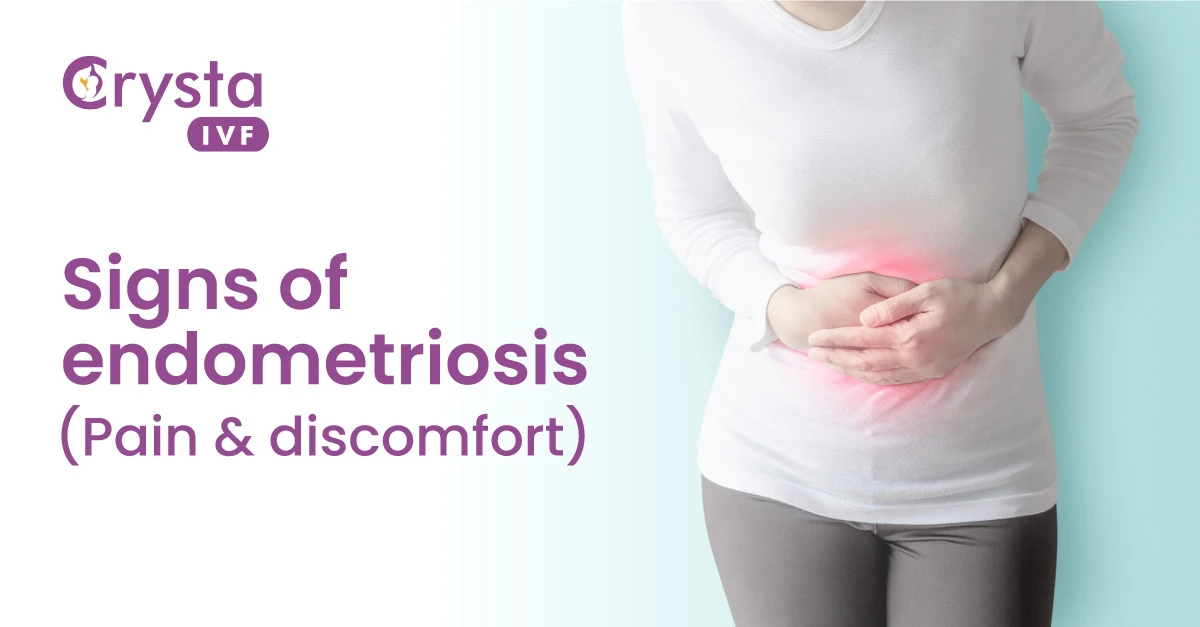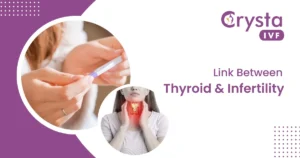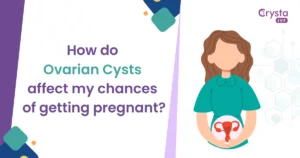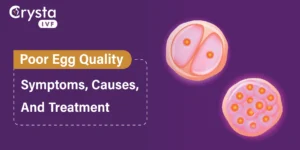Endometriosis can seriously impact your quality of life and cause painful menstrual cramps and infertility, which can make you feel depressed or overwhelmed.
Endometriosis surgery may help relieve these symptoms and restore your ability to have a happy and healthy life. However, surgical removal of endometriosis is no walk-in-the-park either. The process can be nerve-wracking and exhausting, and it can take several hours to recover, both physically and mentally.
Because of this, it’s essential to weigh all the pros and cons before proceeding with the surgery. You should also understand what risks are involved so that you are aware of all possible outcomes.
However, the good news is that modern surgical techniques have significantly reduced the potential for pain afterward.
Also Read: Yoga for Endometriosis
What is Endometriosis?
Endometriosis is a chronic condition that afflicts women of childbearing age, causing endometrial-like tissue to grow outside the uterus, producing chronic inflammation, scar tissue, and adhesions that impair reproductive organs such as the fallopian tubes, ovaries, uterosacral ligaments, and other areas.
Common Signs of Endometriosis
The severity of the symptoms can vary significantly from one individual to the next, but most people experience pain during their menstrual cycle. A higher degree of pain is often reported as well.
Along with menstrual pain, the most common signs of endometriosis include:
- Excessive bleeding or bleeding between periods
- Pelvic or abdominal pain
- Pain during sexual intercourse
- Pain in the lower back
- Diarrhea & Constipation
- Blood in urine
- Excessive Fatigue
- Difficulty getting pregnant
In some cases, the symptoms might be less obvious but can still hamper your ability to conceive.
Endometriosis and Fertility
Endometriosis is a condition that may distort female reproductive organs and thus cause difficulty in conceiving or infertility.
When a person has the condition, the tissue or cyst formed may keep the egg from traveling to the uterus when a person has the conditions. These growths can also cause swelling and bleeding, blocked fallopian tubes, form scar tissue, and affect the intestines, bladder, and other pelvic regions.
As per the report, endometriosis is generally found in women of childbearing age and may cause difficulty in pregnancy in several ways. This include –
- Distorted anatomy of the pelvis
- Scarred fallopian tubes,
- Impaired implantation of a pregnancy
- Ectopic pregnancy
- Impact on egg quality
However, women with mild to moderate endometriosis often are not fully infertile and sometimes don’t even require medical treatments to conceive. Recent studies show that 60% of women become pregnant with endometriosis.
Despite this, it is essential to know that endometriosis is among the most common causes of infertility.
Endometriosis Surgeries
Endometriosis surgery is an option when other treatment options fail to relieve your symptoms or when you wish to avoid further damage. The surgical procedures involve the removal of endometriotic lesions and adhesions that cause your pelvic organs to be pressed against each other, causing severe pain and discomfort.
The most common surgery to treat endometriosis include:
Laparoscopy
Laparoscopy is the most reliable procedure for endometriosis diagnosis and its treatment.
An advanced telescope-like device called a laparoscope is used with light and a small camera in a pelvic operation to look at the structure of the reproductive system closely. It allows the surgeon to look inside the body in the pelvic region to evaluate the structure of the reproductive system.
Fibroid tumors, endometriosis, blocked fallopian tubes, scar tissues, and ovarian cysts are just a few of the things the surgeon can examine with laparoscopy.
Hysterectomy
In the most severe cases of endometriosis, a hysterectomy may be performed to remove the ovaries, uterus, or cervix. Once the female’s uterus has been removed, it is impossible to become pregnant since the uterus is where a baby develops during pregnancy.
What to Expect After Endometriosis Surgery?
Laparoscopic surgery is a minimally invasive surgical procedure with many benefits over traditional, open surgery. One of the main benefits is a quicker healing process. During your recovery, it’s essential to have regular appointments with your doctor to ensure everything is healing properly and that you’re not experiencing any pain.
There are also many precautions you should take after surgery before returning to your normal activities.
Laparoscopy surgery for endometriosis is generally a very safe procedure but may have a few complications during or after the procedure, such as pain and discomfort. This may also include:
- Allergic reactions
- Abdominal pain
- Persistent cough
- Nerve damage
- Swelling or bleeding
- Blood clots
After hysterectomy surgery for endometriosis, your menstrual period will end. You’ll go into menopause as your ovaries and uterus are removed. Early menopause also carries certain risks such as loss of bone density and cardiovascular diseases.
It is essential that you closely monitor your signs and symptoms of infections after the endometriosis surgery, and reach out to your doctor in case of severe pain or other complications that get intense over time.
Can You Get Pregnant After Endometriosis Surgery?
Endometriosis does not have to mean the end of your pregnancy dreams. Though it is a common cause of infertility, it is also treatable. Although laparoscopy surgery can improve the chances of pregnancy, however, as with any medical procedure or surgery, there are no guarantees.
If you have endometriosis and do not become pregnant within six months after laparoscopy surgery, your doctor may recommend additional fertility treatments such as in vitro fertilization (IVF).
The IVF process uses sperm and eggs from two different partners to help create a baby. It can be used by any couple who has difficulty conceiving through natural means or if they want children but have been unable to conceive after trying for several years or longer than usual amounts of time without success.
However, if there is severe endometriosis that needs hysteroscopy surgery to remove the uterus, it is impossible to become pregnant.
What Can You Do?
Many women with endometriosis experience pain from the disease itself. It’s not always easy to know how much an endometriosis surgery will hurt and how much medication is enough. The best way to understand how painful an endometriosis surgery will be is to speak with the surgeon about your specific case.
Your doctor may also need to correct other factors that contributed to your condition in the first place, like trauma from a previous procedure or pelvic infections. That’s why talking with a fertility specialist before having any further invasive procedures is so important.
We highly recommend you consult a fertility specialist at Crysta IVF if you’re having common signs of endometriosis or are already diagnosed with the condition and seeking treatment.
Fertility doctors and surgeons at Crysta IVF are highly experienced and have decades of experience; they’ll guide you through the entire process of endometriosis treatment in India, its costs, risks, and how to manage it effectively.




